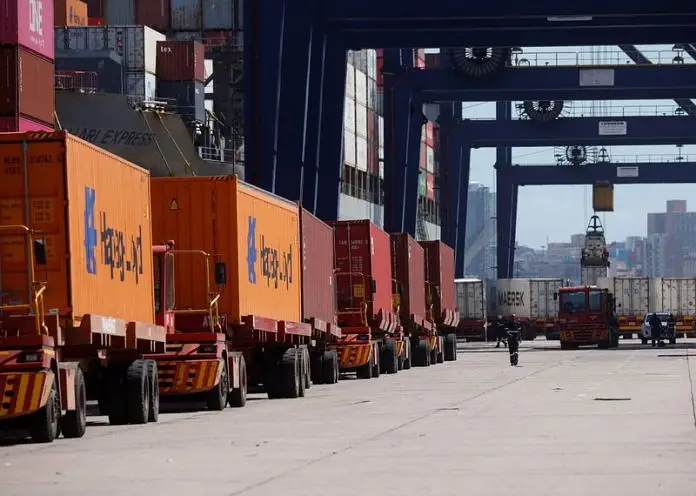President Donald Trump unveiled a bold set of tariffs on April 2, 2025, targeting various countries, including several in Africa. Labeled as “reciprocal tariffs,” these measures aim to reshape America’s trade landscape but have stirred unease across the continent. This article dives into how these tariffs affect trade between the US and Africa, spotlighting South Africa and the African Growth and Opportunity Act (AGOA).

What Are Trump’s Tariffs?
The new policy introduces a 10% baseline tariff on all goods entering the US, with extra “reciprocal” rates tacked on for specific nations. These additional tariffs hinge on trade deficits rather than matching the actual tariffs those countries impose on US goods. South Africa, for instance, now faces a 30% tariff, while other African countries see rates climbing even higher. The White House pitched this as a move toward economic fairness, but it’s sparked debate over its logic and fallout.
US-Africa Trade: South Africa Feels the Pinch
South Africa, a key player in US-Africa trade, is reeling from the 30% tariff. As a major AGOA beneficiary, it exports over $2 billion in vehicles and parts to the US annually. This new levy threatens to choke that flow, prompting South African leaders to call it a hurdle to mutual growth. Officials are now pushing for fresh trade talks with the US to secure a stable future.
Ripple Effects Across Africa
Beyond South Africa, other African nations are grappling with steep tariffs. Lesotho tops the list with a 50% rate, a heavy blow given that its US exports make up over 10% of its GDP. Countries like Madagascar, Mauritius, Botswana, and Angola face tariffs between 32% and 47%, putting their economies under strain. These measures challenge the viability of trade ties built over years.
AGOA’s Uncertain Future
The African Growth and Opportunity Act, which grants duty-free US market access to qualifying African countries, is at a crossroads. Experts and officials warn that Trump’s tariffs undermine AGOA’s perks, with South Africa’s Foreign Minister noting they’ve “wiped out” the act’s advantages for Sub-Saharan Africa. This shift raises questions about whether AGOA can survive in its current form.
Trump’s tariffs mark a pivot in US trade strategy, with Africa caught in the crosshairs. The economic ripple effects could stall growth and force African nations to rethink their US trade plans. As negotiations loom, the coming months will shape the next chapter of US-Africa trade relations.
sz
Sources:







